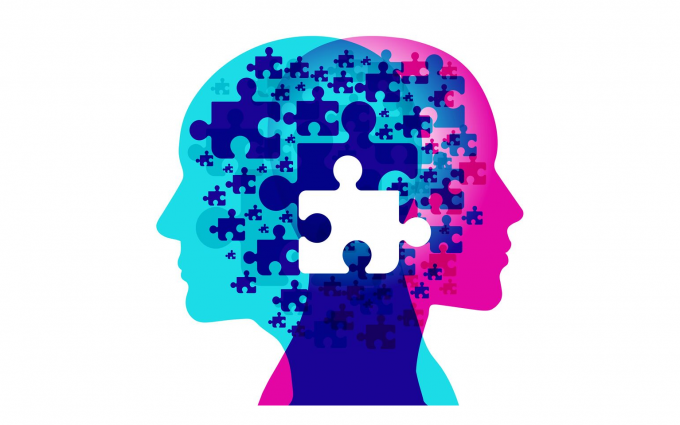06/25/2013

2020 update: To learn more about traumatic brain injuries, please see our webinar: Concussions/Mild TBIs: Early Intervention to Achieve the Best Outcomes
Traumatic Brain Injury, or TBI, affects more than the brain and nervous system. There is clear evidence that TBI affects the endocrine system, significantly impacting the body’s hormones. Current estimates of the prevalence of endocrine disorders in patients with TBI range greatly across studies and depends on severity. In a recent review, the average is about 28% and 36% for severe TBI patients.* Brain injury can cause hormonal issues immediately—but in many cases, hormonal problems won’t be clinically evident or diagnosed until months or even years after the injury.
The endocrine system
The human endocrine system is comprised of organs that make and release hormones—body chemicals that help the organs and systems work properly. Hormones control sexual development, growth, metabolism, and the impacts of illness. Hormonal balance is important in one’s overall health and wellness.
How TBI affects the endocrine system
Specifically, TBI can impact two key components of the endocrine system. Both the hypothalamus and pituitary gland are located in or near the brain and can be impacted when brain injury occurs. The hypothalamus controls the release of hormones from the pituitary gland and the pituitary gland tells the other glands when and how to make other hormones.
Adrenal insufficiency, a rare type of diabetes, or a salt and water imbalance known as hyponatremia can result from hormonal imbalances after TBI. These issues tend to occur soon after the injury occurs. Other issues that may not present until later include hypothyroidism, hypogonadism, growth hormone deficiency, or hyperprolactinemia as a result of pituitary dysfunction.
Diagnosing and treating TBI-related hormonal problems
In cases of brain injury, the physician will likely ask about a patient’s medical history and perform a physical evaluation that includes blood tests to check hormone levels. The physician may also request an MRI to look at the pituitary gland and check the surrounding area for tumors or cysts.
Hormone therapy (also called hormone replacement therapy) is a fairly common prescription in cases of hormone problems related to brain injury. In some cases, treatment could be as simple as prescribing a hormone supplement designed to replace what’s missing. Additional steps might include reducing fluid intake to combat hyponatremia, or receiving an IV treatment to replenish missing salt.
In many cases, simple but long-term therapies can help the injured person recover from brain injury and hormonal problems. Hormone therapy can relieve symptoms, restore overall health, and significantly improve quality of life. In severe cases, hormone therapy can be lifesaving.
Paradigm is always ready to assist with complex medical cases. For more information on our full-service offerings or to find out more about catastrophic care management, please contact us through our website or call (800) 676-6777. We also invite you to join us on LinkedIn, YouTube, Twitter, and Facebook.
* Source: Tan CL, et. al., J Neurol Neurosurg Psychiatry 2017; 88:971-981. DOI:10.1136/jnnp-2016-315500.